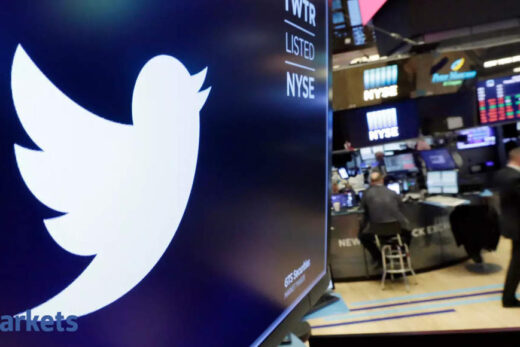The words have the unmistakable voice of Charlie Munger, the 97-year old who is one half of the inimitable Buffett-Munger duo which runs the giant investment conglomerate, Berkshire Hathaway. As you can see, Munger does not talk like a dignified senior statesman of the business world. As a result, the things he says are actually interesting and useful, unlike the bland zero-meaning verbiage that well-known business people generally produce.
This business of recognising and admitting mistakes is a recurrent theme with Buffett and Munger. This mistake theme is not just talk. While normal business people never admit mistakes, these two are almost enthusiastic about such confessions, their decades-long tech problem is the biggest. Historically, they did poorly out of investing in IBM and bought Apple very late—although they have subsequently done very well out of it. Worse, as Buffett and Munger themselves have admitted, one of their great failures was not buying Google. Back in 2004 or so, their own insurance company benefited enormously from the then-new advertising service of Google. It was clear to them that this was something remarkable. They observed this, discussed it, saw that Google was a business with tremendous potential, and yet never invested in it. “We just sat there sucking our thumbs,” Munger said of failing to invest in Google.
It goes without saying that professional investment managers or advisers don’t do this—they can’t. To admit frankly like these two that they were wrong would amount to resigning from the job in most working environments. However, let’s forget about what your fund manager or your investment adviser does or does not do. It is of the utmost importance that we, as individuals, become proactive and enthusiastic about admitting our mistakes. That’s because admitting mistakes is not just some kind of masochistic self-purification ritual—it plays a direct role in increasing the profits we make from our investments and making us better investors. How does it do that?
Another thing that Munger once said was,“Forgetting your mistakes is a terrible error if you are trying to improve your cognition… Why not celebrate stupidities!” If you examine Berkshire’s tech investments history, you can see this play out. For a long time, Berkshire did not invest in tech because Buffett and Munger felt that they did not understand it well enough. Through tech’s irrational late 1990s boom and the subsequent bust, this was indeed the right attitude to take. However, eventually, they realised that at some point, tech had transformed into the dominant consumer sector and they should have paid attention starting when Google caught their eye in 2004.
A lot of investors—regardless of their scale—would have rationalised what they did and pretended that it was the right thing to do. However, Buffett and Munger did not do that. Not only did they admit their mistake to themselves, but they also fixed it by buying into Apple in a big way. What’s more, they openly admitted to the mistake to the world in their annual shareholders meeting and took questions about it. The net result is that their company and its shareholders have made better and more profitable investments out of it.
Of course, as is normal with Munger’s utterances, they are actually life lessons rather than just investing lessons. Everyone makes mistakes and most of us find it difficult to admit that we were wrong. Look around what’s happening in the world and you see it every day. However, investing mistakes are something that we can quietly admit to ourselves and fix. Not only can we fix them, but we can also make sure that we learn something from them, thus paving the way to better returns in the future. Look at the mass panic in the markets in March and April last year. Was it a mistake? It certainly did not look like it at that time. The better question is: did we learn anything from it?
(The writer is CEO, Value Research)



